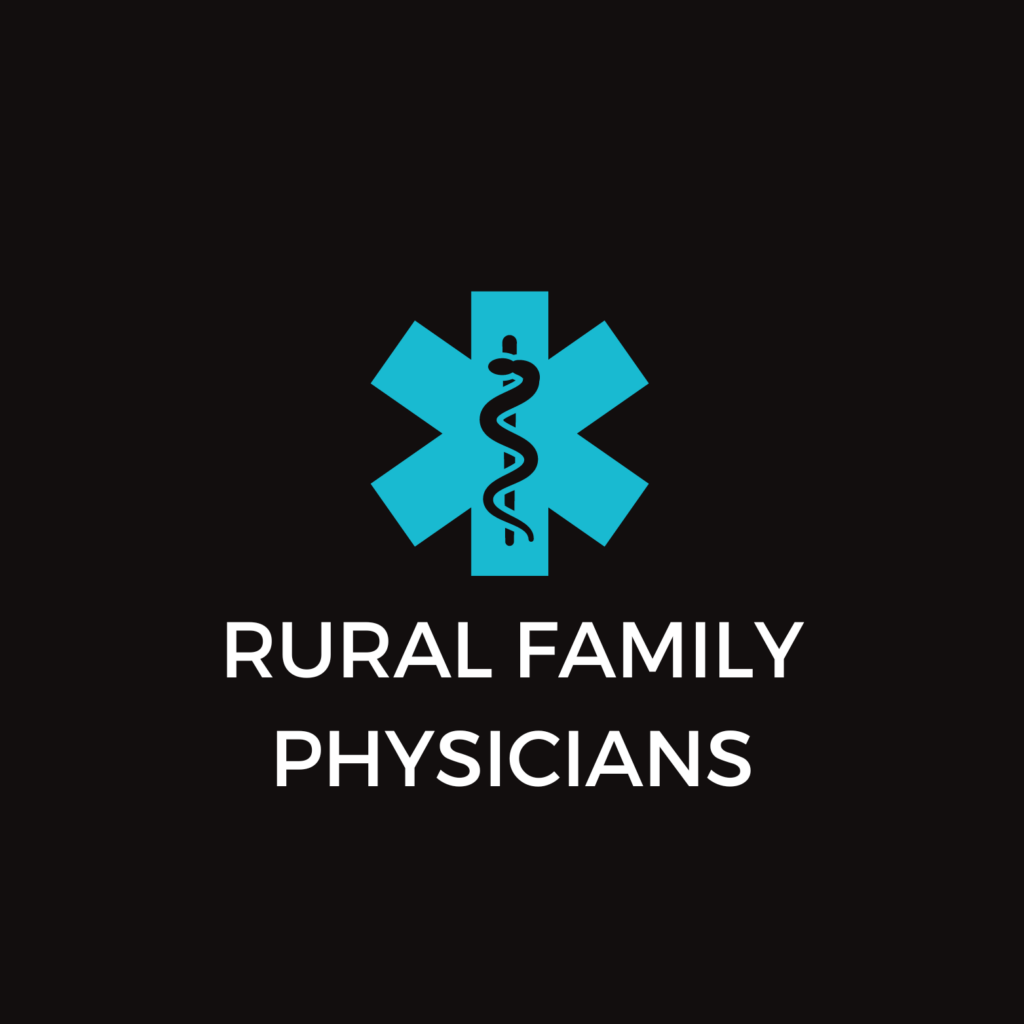
February always brings a sense of adventure and so did the Super Bowl this year. By the way, who decides to throw the ball on the one yard line?
The reason February is such an exciting time is because CRHC staff visited our nation’s Capitol for the National Rural Health Association’s( NRHA) Policy Institute. During the event we had the opportunity to hear from Congressional Representives and Senators regarding their views of rural health policy and learn more about the efforts of NRHA’s legislative and regulatory agenda.
This year NRHA is working on the Community Access and Rural Health Equity (CARE) Act as a way to address many of the cuts that rural communities continue to face. In the last year twenty-seven rural hospitals have closed across the nation and another 283 remain vulnerable. In Colorado, we have been lucky, so far…, and have not had any hospitals close, but several are in jeopardy. The CARE Act “will stop the impending flood of rural hospital closures and provide needed access to care for rural American. Additionally, it will create an innovative delivery model that will ensure access to emergency care for rural patients across the nation, said NRHA.” The CARE Act will address rural hospital stabilization through elimination and reversal of cuts that have been imposed on rural hospitals in the last several years as well as regulatory relief.
The key NRHA priorities for rural health clinics are expansions of telehealth, subcontracting with Federally Qualified Health Centers, payment policy issues, regulatory changes, and chronic care management.
CRHC staff provided educational materials to the Colorado delegation emphasizing counties where rural health clinics are the primary source of care (17), critical access hospital average operating margin in Colorado (1.6 percent vs. the national benchmark of 1.1 percent), and days cash on hand average in Colorado (117 vs. the national benchmark >69). Additional data provided specifics for rural Colorado:
- 1 out of 10 Coloradans live in rural
- 42 percent of adults have tooth loss resulting from periodontal disease
- 37 percent of adults over 65 receive influenza vacations
- $10,000 less than the state average is the rural median income
- 7 percent of families live in poverty
- 7 percent face a lack of transportation
Click to view our legislative packets, Snapshot of Rural Health, and 2015 maps.
What should you do with this information and how can you get involved in policy efforts? You can engage your community in some of the ways that Belhaven, North Carolina, Mayor Adam O’Neal has, by raising local and national awareness of the need for rural hospitals and the services they provide to their communities. “He and Belhaven residents, along with the state NAACP chapter, are protesting last year’s closure of Vidant Pungo Hospital in Hyde County, North Carolina. But O’Neal doesn’t want to stop there: He wants Congress to start paying attention to the health of all rural Americans, and to help them get access to care.” To read the entire US News article, click here.
You can also join CRHC’s Policy and Legislative Council meetings by contacting Kelly Erb at ke@coruralhealth.org.





